If you enjoyed 'The Group' (1966), a compelling drama about the lives of eight women navigating friendship and societal expectations, you'll love these 10 similar movies and shows. This article explores films and series that share themes of female camaraderie, personal growth, and the challenges of womanhood across different eras. Whether you're drawn to period pieces or modern narratives, this list has something for every fan of character-driven storytelling.
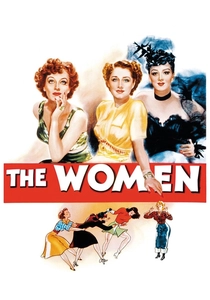
The Women (1939)
Description: A sharp-witted examination of female relationships and social hierarchies, featuring an all-female cast.
Fact: The entire cast of over 130 speaking roles were women. The famous fashion show scene used real designs from top couturiers.
 Watch Now
Watch Now 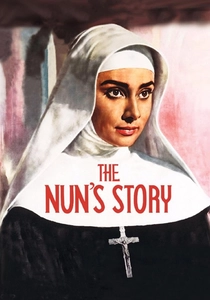
The Nun's Story (1959)
Description: A profound exploration of personal identity versus institutional expectations within a religious community.
Fact: Audrey Hepburn spent months researching the role by living with real nuns. The film was shot on location in Belgium and the Congo.
 Watch Now
Watch Now 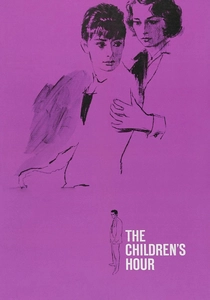
The Children's Hour (1961)
Description: A dramatic examination of societal pressures and the destructive power of rumors, focusing on female relationships in a repressive environment.
Fact: The film was controversial for its time due to its lesbian themes. It was based on a play that had been banned in several cities.
 Watch Now
Watch Now 
A Taste of Honey (1961)
Description: A groundbreaking kitchen-sink drama about a young working-class woman navigating complex relationships and societal expectations.
Fact: The film was adapted from a play written by a 19-year-old. It featured one of the first positive portrayals of an interracial relationship in British cinema.
 Watch Now
Watch Now 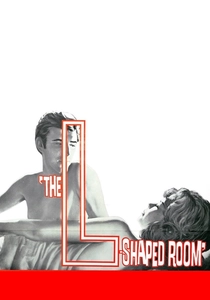
The L-Shaped Room (1962)
Description: A sensitive portrayal of a woman's personal growth and relationships while living in a boarding house.
Fact: One of the first British films to deal seriously with single motherhood. The set was built to scale to create authentic cramped living conditions.
 Watch Now
Watch Now 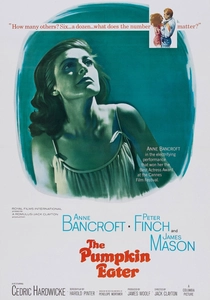
The Pumpkin Eater (1964)
Description: A psychological drama about a woman's struggle with societal expectations of motherhood and marriage.
Fact: The screenplay was written by Harold Pinter. The film's unconventional narrative structure was groundbreaking for its time.
 Watch Now
Watch Now 
The Bitter Tears of Petra von Kant (1972)
Description: An intense character study of power dynamics and emotional manipulation within close female relationships.
Fact: The entire film takes place in a single apartment. It was based on the director's own experiences and observations.
 Watch Now
Watch Now 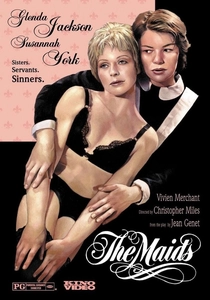
The Maids (1975)
Description: A psychological drama examining class dynamics and identity through the complex relationship between servants and their employer.
Fact: Based on Jean Genet's play inspired by a real-life murder case. The film maintains the play's claustrophobic single-setting structure.
 Watch Now
Watch Now 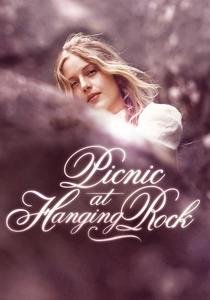
Picnic at Hanging Rock (1975)
Description: A haunting exploration of repressed female sexuality and the mysteries of adolescence in a strict boarding school setting.
Fact: The film's ambiguous ending has sparked decades of debate. It was shot on location at the actual Hanging Rock in Australia.
 Watch Now
Watch Now 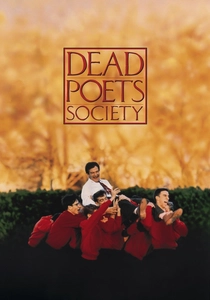
Dead Poets Society (1989)
Description: Explores themes of rebellion against societal norms and the transformative power of mentorship, set within an educational institution.
Fact: The film's famous line 'Carpe Diem' became a cultural catchphrase. It was shot at St. Andrew's School in Delaware, which still uses the film for fundraising.
 Watch Now
Watch Now 








